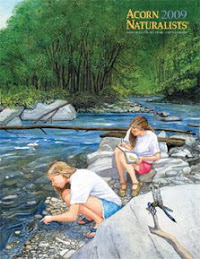 With the constant push for making the grade on standardized tests, recess is being reduced and at times eliminated from the daily schedule. At our school, language arts fills two hours, plus 20 minutes for spelling and word study, then an hour for math. At least 30 minutes for social studies or science and lately science is being edged out altogether because it's not tested at all grade levels. Then there are specials - art, music, or PE and finally lunch. Sometimes there's just no room for recess.
With the constant push for making the grade on standardized tests, recess is being reduced and at times eliminated from the daily schedule. At our school, language arts fills two hours, plus 20 minutes for spelling and word study, then an hour for math. At least 30 minutes for social studies or science and lately science is being edged out altogether because it's not tested at all grade levels. Then there are specials - art, music, or PE and finally lunch. Sometimes there's just no room for recess.At home, there's plenty to keep kids indoors. TV, video games, and computers take up a good deal of time. Our students live in an urban environment and parents don't feel it's safe to allow children to be outside unsupervised. Many children have a sedentary lifestyle and just don't have the interest in going outside. Because children haven't spent much time in unstructured play, they may not have the social skills necessary to play without an adult present. As a result, spending time enjoying nature is not a priority for parents or children.
Outdoor education, whether in school or through special programs, teaches children how to get in touch with nature. They can learn science concepts through hands-on experiences in a natural environment, and most importantly, students can develop a life-long love of nature by learning about the life that is present there.




